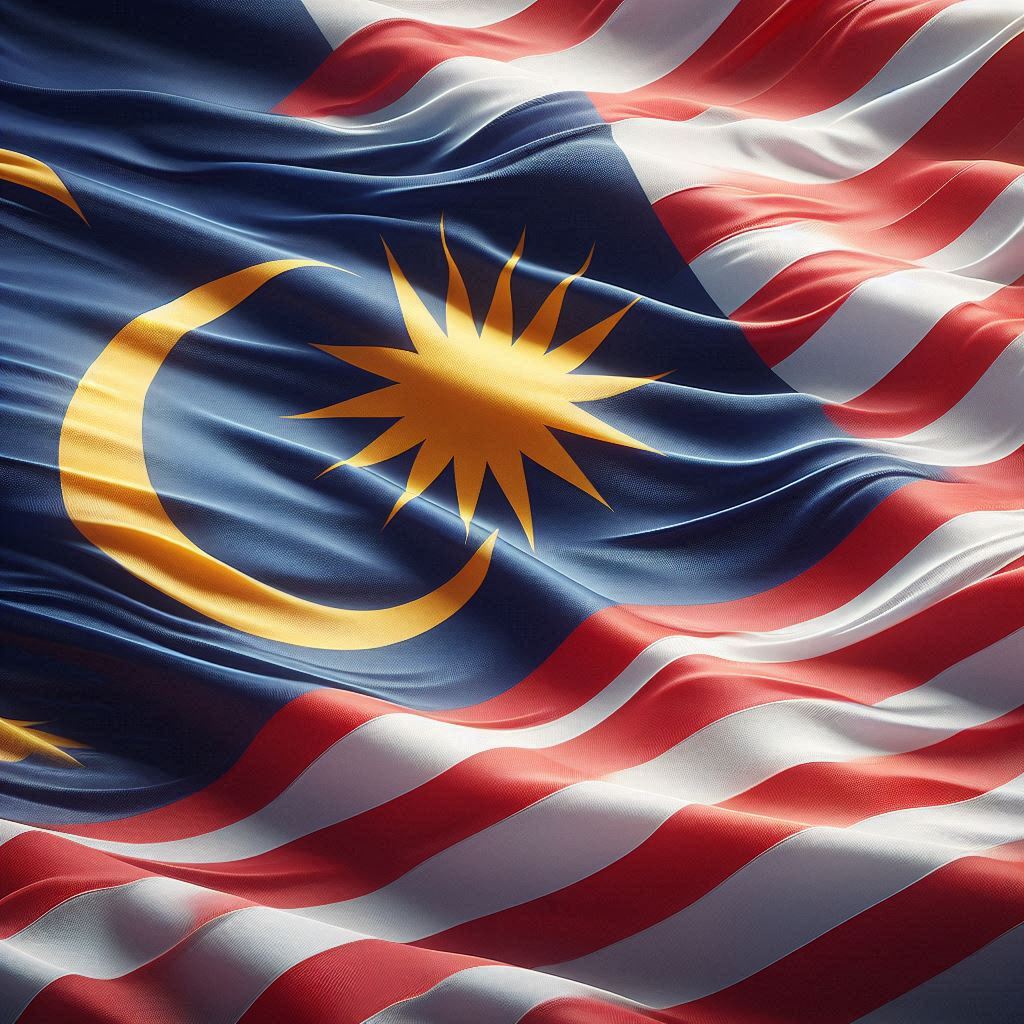
By Rahim Said
In a society that often seems dominated by tales of greed, corruption, and self-interest, it’s easy to forget the quiet acts of kindness that form the bedrock of our country.
Malaysia, for all its challenges, is a nation where the spirit of generosity and the culture of helping one another shine brightly. A recent video that went viral on TikTok exemplifies this beautifully, capturing the essence of what makes our country a truly great place to live.
The video, shared by a netizen, tells the story of a humble Mak Cik (auntie) cleaner who, despite her modest means, treated a stranger to breakfast while she waited for her ride to work.
With the simple words, “Choose what you want, it’s my treat,” this Mak Cik demonstrated a profound truth: you do not have to be rich to do good.
It’s a simple gesture, yet it speaks volumes about the values we hold dear as Malaysians.
This Mak Cik didn’t ask about the woman’s background, her job, or her worthiness. She saw someone who could use a little kindness, and she acted.
In a society where we are often too quick to judge, to categorise people based on their income, race, or status, this act of selfless giving is a reminder of our shared humanity.
But there’s a deeper implication here, one that goes beyond just a heartwarming story. This act of kindness, and the many others like it that occur daily across our nation, are what hold the fabric of our society together.
They remind us that despite the headlines and the daily grind, there are still those among us who embody the true spirit of Malaysia—where generosity isn’t measured in ringgit, but in heart.
However, this brings us to an uncomfortable truth. In a country where acts of kindness are often met with suspicion or taken advantage of, what does it mean to do good?
Recently, there’s been a growing sentiment that those who extend a helping hand risk being exploited, their generosity mistaken for weakness. Take, for instance, the unfortunate story of Vicky Liang and her curry leaf tree — an innocent gesture of sharing turned sour by opportunistic behaviour.
The implications of this trend are troubling. If we, as a society, start to view acts of kindness with cynicism or fear, we risk losing one of the most beautiful aspects of our culture.
The Mak Cik in the TikTok video didn’t hesitate to share what little she had, not because she expected anything in return, but because she understood that real wealth isn’t about how much you have, but how much you’re willing to give.
Yet, the question remains: in a world where good deeds can sometimes backfire, how do we continue to nurture this spirit of generosity without it being abused?
Perhaps the answer lies in cultivating a culture of mutual respect and responsibility. We must ensure that our acts of kindness aren’t just one-way streets, but rather part of a broader social contract where everyone plays their part.
In the end, the story of the Mak Cik and the breakfast she shared is a beacon of hope, a reminder that the true wealth of Malaysia isn’t in its skyscrapers or its natural resources, but in its people.
As long as we continue to celebrate and protect the good samaritans among us, Malaysia will remain not just a great place to live, but a shining example of the power of kindness in a world that desperately needs it.
So, the next time you see someone extending a helping hand, remember this Mak Cik, and consider how you too can contribute to the wealth that truly matters. After all, it’s these small acts of kindness that make Malaysia a home worth living in.
Dr. Rahim Said is a human behaviourist and regular contributor on digital media platforms. He is a professional management consultant, a corporate trainer and an executive coach specialising in coaching of senior executives and individual entrepreneurs with the purpose of modifying their behaviour in the pursuit of their cherished missions. (The views expressed by our columnist are entirely his own)
WE